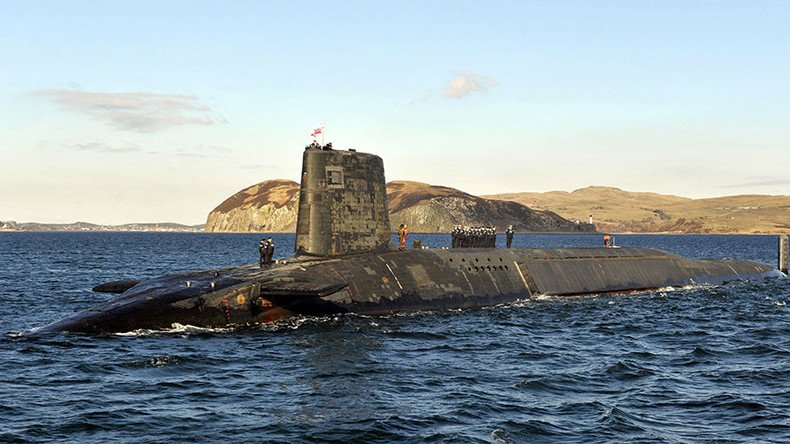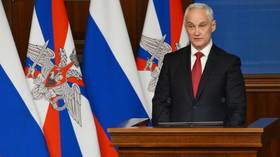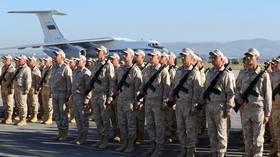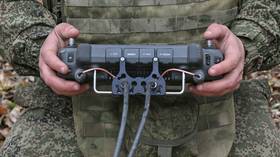Budgeting for Trident nukes robs the vulnerable of welfare – CND

Britain’s Trident nuclear weapons system directs money away from those who need it most, Campaign for Nuclear Disarmament (CND) General Secretary Kate Hudson has claimed in a blistering attack on the new budget.
Hudson said the new budget, announced on Wednesday by Chancellor George Osborne, is a “total disaster for some of the most vulnerable people in the UK.”
She said the government had cut welfare, local government and pensions yet was determined to fund a Trident replacement to the tune of £100 billion.
“It is time for a major rethink,” she said in a statement. “We call on the government to cancel Trident replacement and invest the money instead in things that are useful for our society.”
She argued that Trident made the UK less safe and served only to direct resources “away from things we desperately need.”
Trident has become a political flashpoint since the election of lifelong anti-nuclear activist Jeremy Corbyn as Labour Party leader. The massive cost of the weaponry has become the regular refrain of those who oppose renewal.
A second touchstone in the Trident debate is safety.
In February, a long-awaited Freedom of Information (FoI) release showed a catalog of errors had occurred during simulated road movements of nuclear missiles.
The Ferret investigative journalism website published a series of internal reports into the nuclear safety exercises written by the MoD’s Defence Nuclear Safety Regulator (DNSR) watchdog.
They exposed threatening delays, kit shortages and coordination and communications failings.
Independent nuclear expert John Large told the Ferret the exercises were “characterized by delay upon delay, with crucial time being eked away by duplication of effort and confusion on the ground.”
“In the chaotic aftermath of a real incident there is little reassurance that the MoD and our civilian emergency services would at all cope,” he added.
Those views are also echoed by Navy whistleblower William McNeilly, who in 2015 published a report on safety and security issues in the nuclear fleet.
In 2016, a year after being dishonorably discharged, McNeilly told RT: “I didn’t release my report to discredit the Royal Navy. I released my report because safety and security [at the Trident base] is not being taken seriously. Because it’s a risk to the people and a risk to the land.”
Among the safety and security failures exposed in McNeilly’s report are a blaze in a missile compartment resulting from toilet rolls catching fire, instances of missile safety alarms being muted and missile control center fault alarms being ignored.












